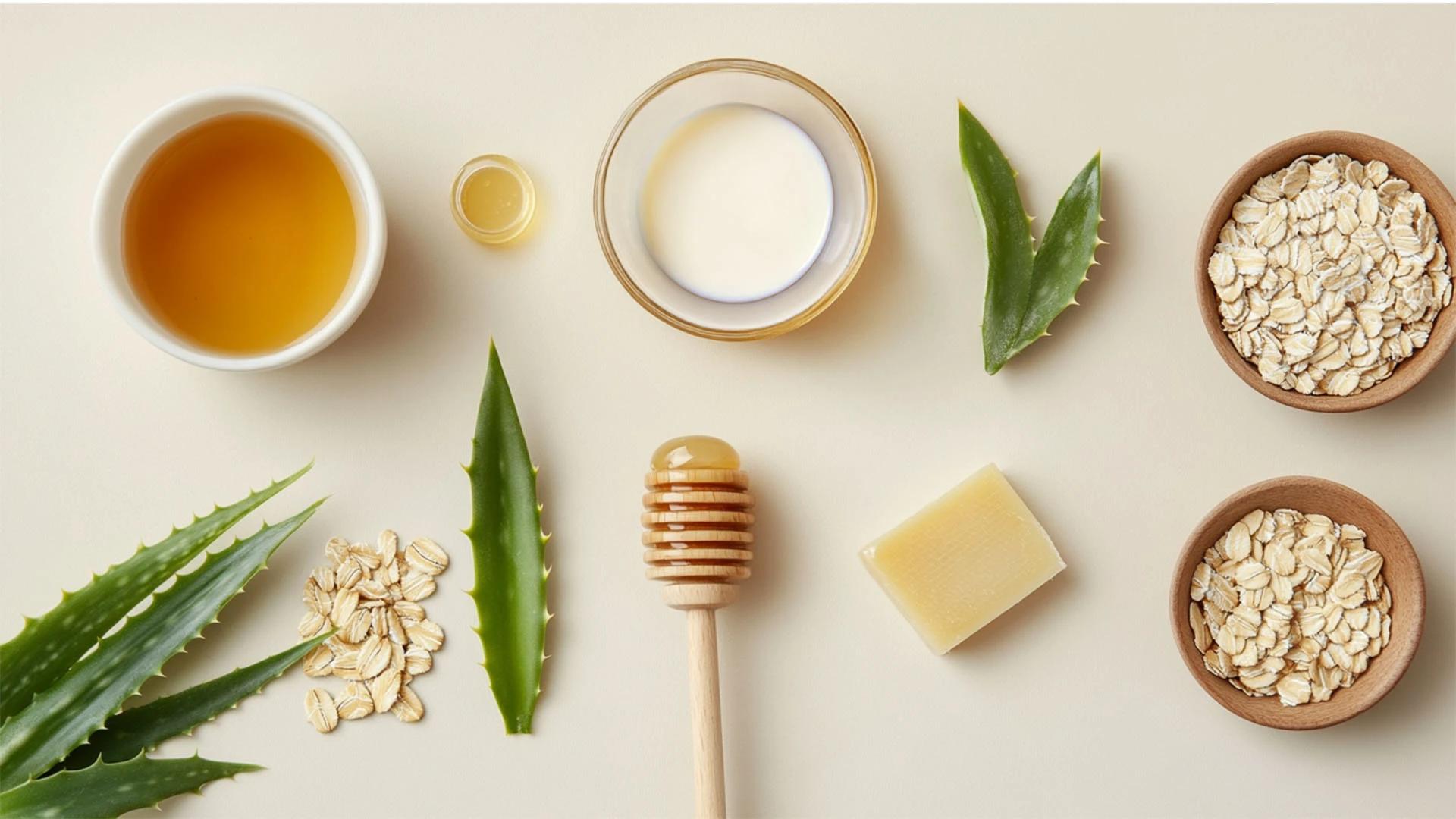Starting new skincare products requires patience and strategy. Your skin needs time to adjust, and introducing everything at once can cause irritation or make it impossible to tell what's working. Take it slow and listen to your skin—it'll tell you what it likes and what it doesn't.
Patch Testing for Sensitivity
Always patch test new products, especially if you have sensitive skin. Apply a small amount to your inner arm or behind your ear and wait 24-48 hours. If you notice any irritation, redness, or itching, skip that product. It's better to be safe than sorry.
Gradual Introduction of Active Ingredients
Start new active ingredients slowly—maybe once or twice a week initially. Your skin needs time to build tolerance, especially with ingredients like retinol or acids. Once your skin adjusts, you can gradually increase frequency if needed.
Monitoring Your Skin's Response
Keep track of how your skin responds to new products. Take photos if it helps you notice subtle changes. Some products show results quickly, whilst others take weeks or months. Give each product at least 4-6 weeks before deciding if it's working for you.
Frequently Asked Questions
What are the main types of skincare products I should know about?
The essential categories include cleansers, moisturisers, sunscreens, and serums. From there, you can add targeted treatments like exfoliants, retinoids, or masks based on your specific concerns. These form the foundation of any effective routine.
How do I choose the right skincare products for my skin type?
Start by identifying your skin type (dry, oily, combination, sensitive, or normal), then choose products formulated for your specific needs. Look for gentle, well-reviewed products and introduce them one at a time to see how your skin responds.
What skincare products are essential for a basic routine?
A basic routine should include a gentle cleanser, moisturiser, and broad-spectrum sunscreen. These three products address the fundamental needs of cleansing, hydrating, and protecting your skin from UV damage.
In what order should I apply my skincare products for the best results?
The general rule is thinnest to thickest consistency. Start with cleanser, then toners or essences, serums, moisturiser, and sunscreen (for morning routines). This ensures each product can absorb properly and work effectively.
What ingredients should I look for in skincare products to address my specific concerns?
For hydration, look for hyaluronic acid and ceramides. For anti-ageing, try retinol or peptides. For acne, salicylic acid or benzoyl peroxide work well. For brightening, vitamin C is excellent. Always introduce new active ingredients gradually.
Key Takeaways
Choosing skincare products for all skin types doesn't have to be overwhelming. Start with understanding your skin type and its specific needs, then build your routine around gentle, effective basics. Remember that consistency matters more than having dozens of products—a simple routine done regularly will always beat a complicated one that you can't stick to. The key is finding that sweet spot between addressing your concerns and keeping things manageable for your lifestyle. Your skin is unique, so what works for your friend might not work for you, and that's completely normal. Take your time, listen to your skin, and don't be afraid to adjust your routine as your needs change.

 500 ml
500 ml 120 ml
120 ml 236 ml
236 ml 100 gm
100 gm